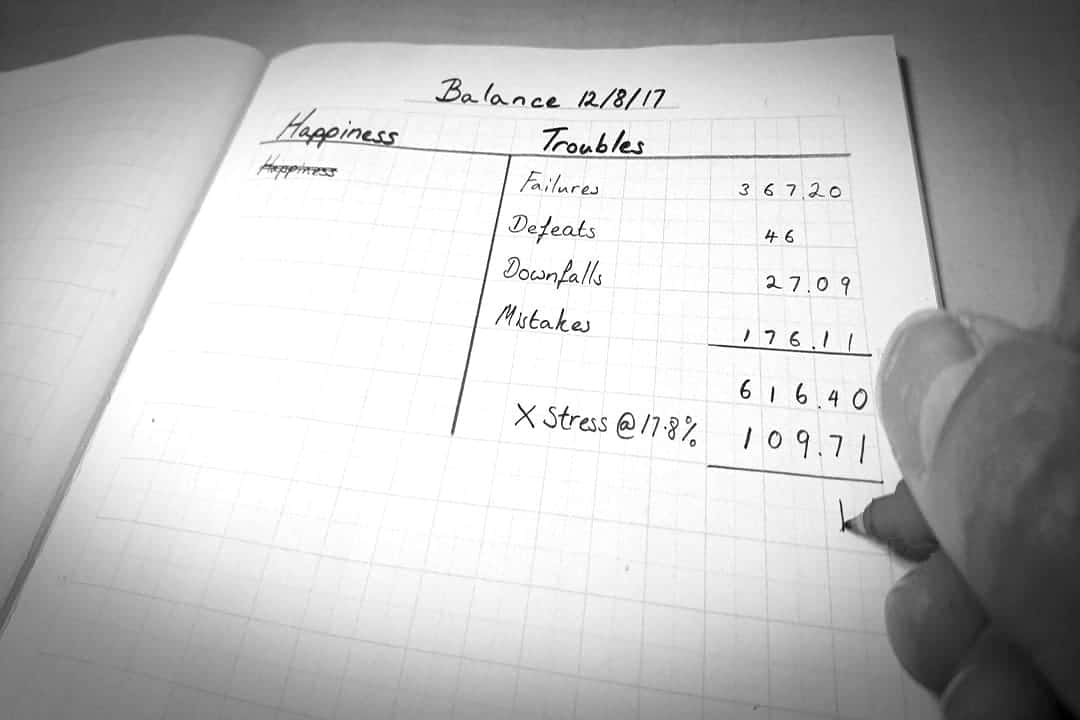We know that not all stress that students experience is academia related, but a big chunk of it is. An even bigger chunk of stress is of what we perceive, rather than what actually is.
Perceived stress can sometimes be more detrimental to our health and our actions than the actual problem e.g. you feel super stressed because you are behind on a piece of work, thus you throw your all into workpiece A, resulting in falling behind on work piece B, C, D, E, FGHIJKLMNOPRSTUVWXYZ. Then you may be missing out on social events because you have so much work to catch up on, and then because you have so much work to do, you can’t think of what to do next. So of course you deserve a break, a pinch of not-a-good-idea self talk, combined with procrastination, mixed well with junk food, and baked until full of panic-attack worthy stress. A recipe for disaster.
Stop. Breathe. Step back. Let’s start again.
You feel super stressed because you are behind on a piece of work.
Okay, let’s use the handy tools that sir Lazarus and Dr Folkman have provided us with. Their theories around stress and coping included primary and secondary cognitive appraisals. Primary appraisals of this situations would be: “Is this important to me? What is the worst that could happen? What is at stake here?” – this can help you to evaluate your stress response and understand whether or not it is worth it (of course it is). Secondary appraisals of this situation would be: “Can I cope with this right now? What tools do I have to deal with this? What do I need to complete this task? Can I ask anyone for help?” – This should help you to take the next step. It can help you to look at what is right in front of you and take advantage of the tools you have around you to help you, and if you don’t have anything around, it can direct you to get what can help you. It also kicks you into believing that you have the ability to rise to this challenge.
It’s easy to believe that any kind of stress is negative, but there is always going to be a little stress as a student; it’s inevitable, you just have to learn when it’s helpful and when it’s hindering. A little stress is good, it’s what kicks your adrenaline into action when you’ve just started coursework the day before it’s due (everyone says they won’t, but you’ll do at least one all-nighter during your uni days).
Don’t forget, if you feel as if though you are not equipped with the right coping resources (i.e yourself) then you will perceive the stress as negative, unhelpful and there is nothing you can do to change it. However, if nipped in the bud, we can change the usual course of action and prevent things from getting worse. It’s important to remember that experiencing stress as a student is normal. You’re going through a lot of life changes, new environment, new people, new knowledge, new routine, and new intentions. Every stress is significant, but manageable.
Normalising stress is our mission this month, therefore if you are or have been a student and have a stressful story you would like to share, share it to benefit others. You can remain anonymous by emailing info@inspiritedminds.org.uk, commenting below or submitting your story via social media by messaging us or tagging us in your post!





There is no such emotion as STRESS – It is either anger or fear (anxiety). Using the word stress masks the actual emotion as if it is hidden, so there is less likelihood of getting the message from the emotion. Some will say they are both angry and anxious (and there will be truth in this) but we only have one emotion at w time (be it for a second, minute, or hours) and the attention needed for anger is different to anxiety. We need to separate out the emotion just like separating the yoke from the white of an egg to make meringues. GP’s will often refer to stress related illnesses because they have little or no understanding of anger or how to work with it. Anger has a lot of bad press but we need our anger energy (anger is about boundaries, rules, beliefs and mobilisation). If we fail to mobilise we become stuck with fear. You will have heard about the fight flight response but this term is unhelpful and I believe we should use the term mobilise: towards or away from. Aggressive/unhealthy anger needs fuel and is a symptom (not the cause). If the fuel is not removed, there will be little or no change which could escalate (because the angry person needs to be heard and understood).
My book The Penny Model helps http://www.amazon.co.uk/gp/offer-listing/1909660744